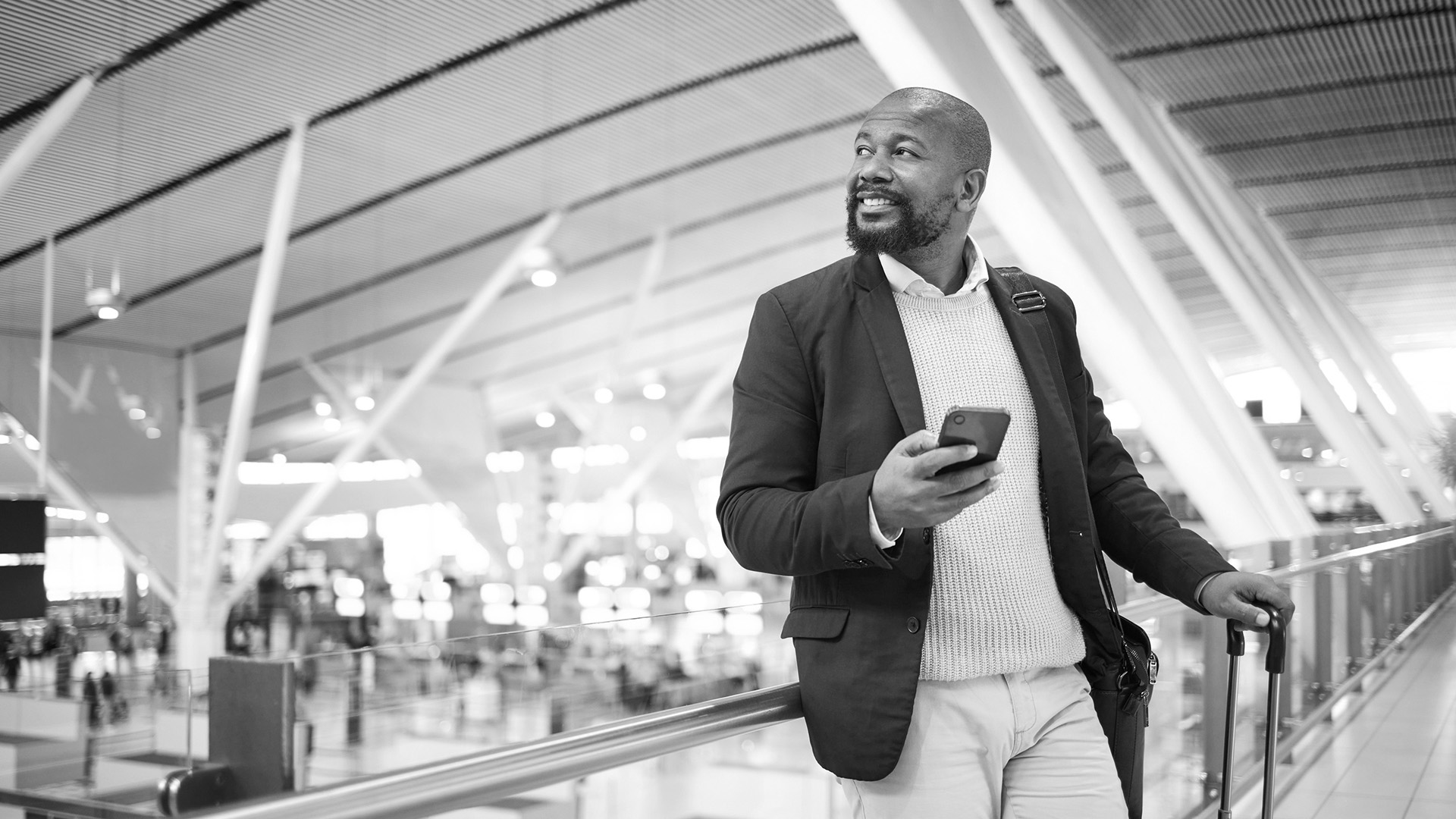|
Getting your Trinity Audio player ready...
|
The COVID-19 pandemic has undoubtedly had devastating effects on the travel industry, with many brands having to shut down due to global travel restrictions. As a result of this disruption, it is no surprise that over 90% of global travel marketers drastically reduced their marketing budget to keep their business afloat during these challenging times.
However, when people began to understand the severity of the pandemic and its effect on international travel, the demand for UK staycations increased to a record level. This could be observed through Google UK searches. Researchers have shown that “staycation” searches increased by more than 500% in July 2020 compared to just one year before. On the other hand, queries related to cheap flights, train tickets, and cruise holidays hit an all-time low over the same period.
This reveals a great opportunity for travel marketers, hyperlocal content and SEO can offer great value and enable them to reach potential customers looking for information about holidays close by. Travel companies need to create tailored content based on local destinations to capitalize on this staycation trend and reconnect with their customers.
Travel SEO
When it comes to tourism, SEO refers to the process of making sure your online content appears high up on search engine results pages. This involves using keywords, link building, and other techniques to increase the visibility of your website or blog, especially when people are searching for information related to your travel business.
Why Do You Need SEO for Your Travel Website?
Search engine Optimization is important for the travel industry for many reasons. These travel marketing statistics prove this to be one of the most valuable forms of marketing for travel companies.
Over half of leisure and almost two-thirds of business travelers start planning their online trips. A smart travel SEO strategy can help your business appear in search results, which is important since paid search only reaches 39% of search result pages with ads.
Appearing in organic search results is crucial to capturing the remaining 60% of searches. However, organic search placement comes with challenges, including competition from other travel providers. To succeed, conduct data-backed SEO research, plan an SEO and content marketing strategy, and understand your customers’ journey and intent.
Travel businesses can also benefit from implementing local SEO because travelers usually search for trips by location when they are ready to travel.
Across the internet, 81% of consumers on the internet find products and services by using search engines. It’s worth noting that 72% of people who conduct a local search will eventually visit a physical store as a resubecausesearch, that goes which travel businesses like agencies, tour operators, camps, and hotels.
About 78% of local searches on search engines lead to a purchase being made offline.
Websites that rank first on Google search results receive 34.36% of all clicks for a given query. So if you are not doing SEO as a travel business the customers looking for your services will not find you.
Other Travel SEO Statistics to Consider
Successful marketing in travel and tourism requires a high conversion rate. Top performers achieve 23%, while most brands only reach 4.7%.
Based on data from Ruler Analytics, the majority of conversions, 85%, occur online, while a smaller percentage, 15%, occur over the phone.
Organic search is the second most important factor, following referral. Search engine optimization (SEO) plays a critical role in converting potential customers and is a major focus for travel marketers. Studies show that 90% of individuals conduct all their holiday research online, typically starting 12 weeks before their trip to a chosen destination.
Bespoke, premium, and luxury travel tours, holidaymakers tend to originate online and close over the phone or in-store. In fact, for 60% of travelers, the first step is placing an online search.
About, 90% of link builders state that no-follow links impact search rankings. Link builders utilizing social media platforms achieve an average of 16.81% in link acquisition, while those not leveraging social media see a slightly lower rate at 13.78%.
About 32% of link-building professionals spend 1-2 hours for a single link, while 24% may require more time, with 3-5 hours per link.
What is The Role of SEO in Travel Marketing
Search Engine Optimisation (SEO) is becoming an increasingly important strategy for travel brands to adopt to stand out in the crowded online marketplace.
By using a combination of keywords and phrases that customers are likely to be searching, travel companies can greatly increase their visibility on search engine result pages. This can improve organic traffic as well as lead generation from potential customers who are seeking out specific holiday experiences.
SEO also helps build trust and credibility with customers who will have more confidence when booking from a brand if they’ve seen positive reviews and organic rankings within popular search engines such as Google or Bing.
To further boost travel SEO marketing efforts, developing content around key topics or destination trends can help shape user journey decisions. A strong focus on creating useful customer-facing resources like blog posts, guides, and informational videos can improve web page ranking and authority within search engines.
On top of raking in visitors to your website, you also build a relationship with your website visitors so they can trust you more and more.





